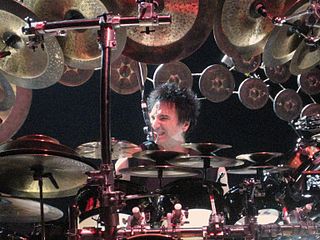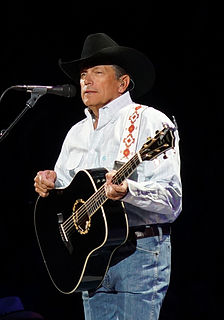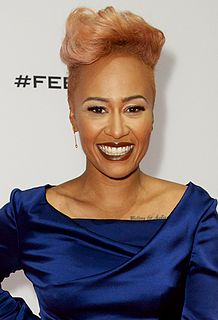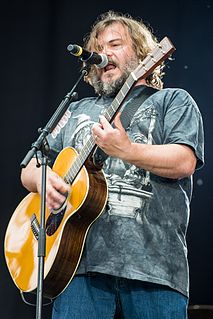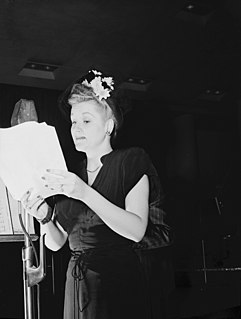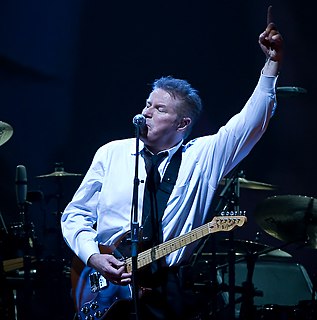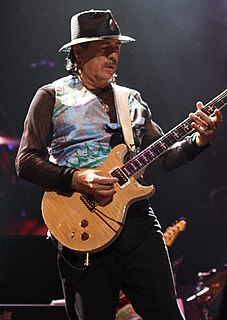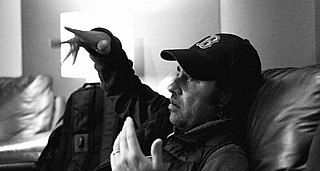A Quote by Terry Bozzio
I'm not a haiku artist, but I wanted to use the phrase 5, 7, 5 in the melody that flows over time. So the string melody, the first one is five notes, the next one is seven, and then the third one is five.
Related Quotes
The seven white notes on the piano - each section of the piece (there are 12 sections) is five of those seven white notes. If you calculate it, there are 21 groups of five notes in any group of seven notes. And although there are 12 sections, this piece actually uses nine of those groups because some of the sections repeat earlier ones. So that's the formula. It's very simple as a way of generating something. It's my inner minimalist.
I approach song writing three different ways. One way is where I write the initial melody and lyrics first and then take it in to the producer to collaborate. Another way is where the producer sends me his initial musical track ideas and then I write the lyrics and melody over his track. The third way is where we just jam out in the studio and see what we come up with.
Melodies can be good depending on the context. You can have a simple melody, and if the harmony behind it is interesting, it can make a very simple melody really different. You can also have a complex melody. The more complex it is, the harder it is to sing, and then sometimes it can sound contrived. You could write a melody that would be fine on a saxophone but if you give it to a singer, it can sound raunchy.
I write lyrics really fast. When it's time to write, I usually put them off until the very end and then when it's time to write I can just sit down: I sing the melody, whatever the melody is, because that's the first thing that's already been there for a long time; I start singing it and I start creating consonants and vowels; then they turn into words; then all of the sudden one sentence will happen; then that sentence will dictate how the rest of the sentences happen.
